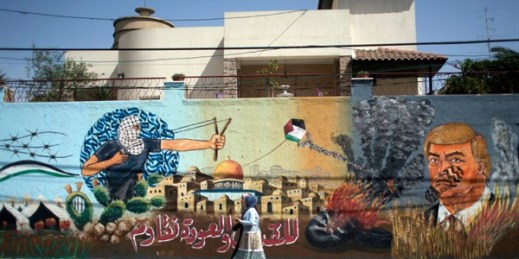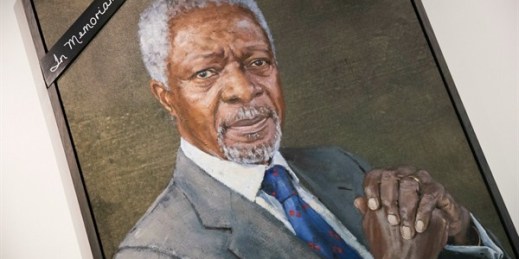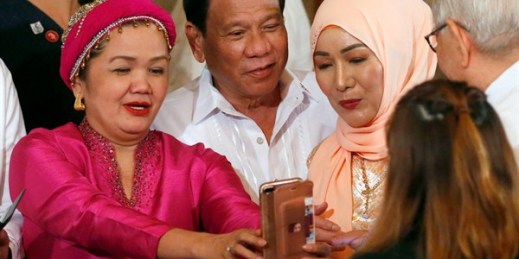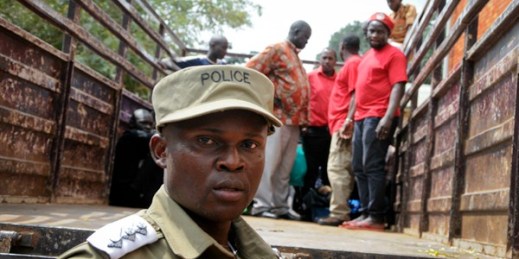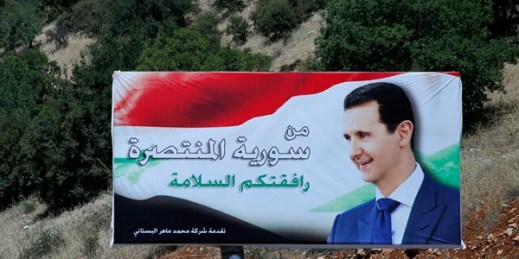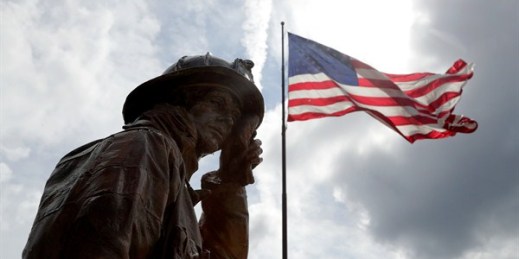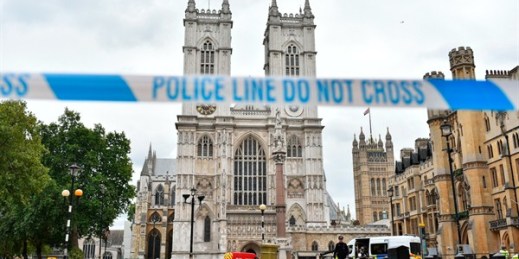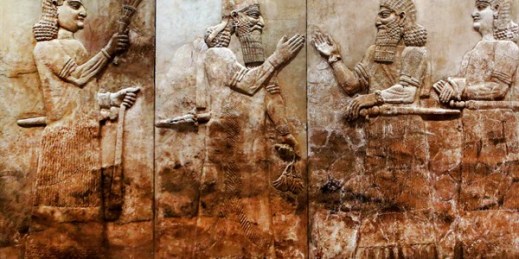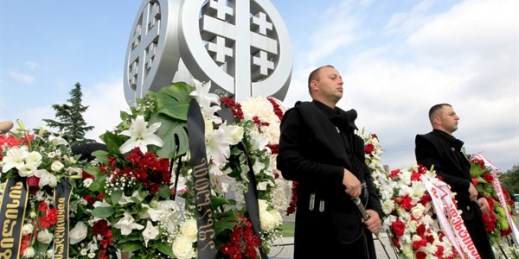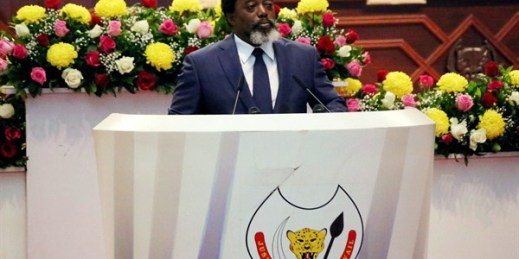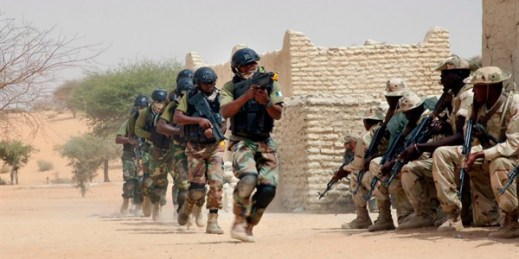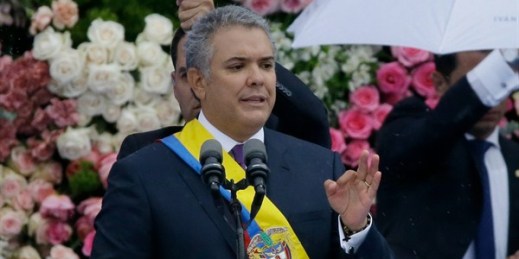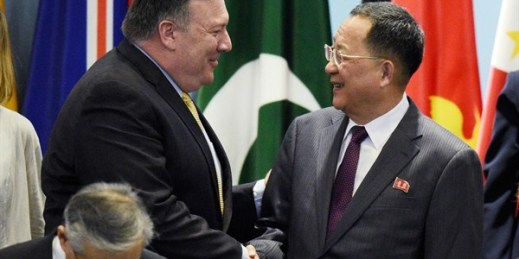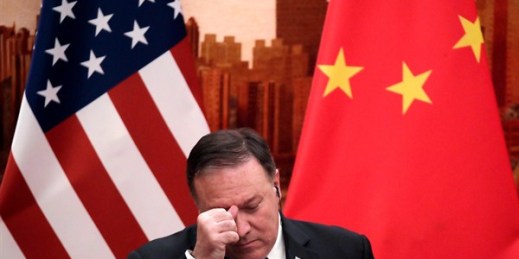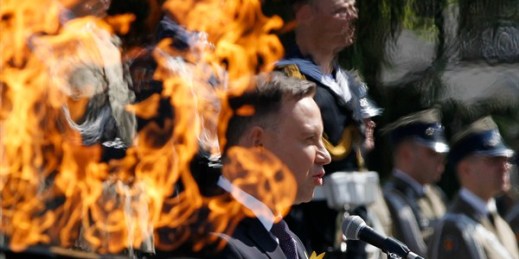
In a special end-of-summer episode this week, we look back at three of our most popular Report interviews so far this year: the veil of secrecy over the U.S. military’s growing presence in West Africa; Bolivia’s controversial coca policy, which has been called both a solution to drug trafficking and part of the problem; and the role historical memory plays in Poland’s contentious politics. If you like what you hear on Trend Lines and what you’ve read on WPR, you can sign up for our free newsletter to get our uncompromising analysis delivered straight to your inbox. The newsletter offers […]

